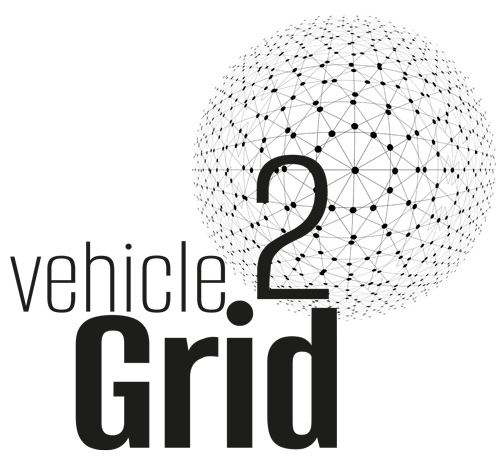The knowledge of the dynamic available charging and discharging power of the battery is a piece of essential information for the safety and longevity of the battery energy storage systems. An accurate real-time prediction of these quantities is very challenging due to the high nonlinearities of battery dynamics. In this paper, an electrochemical model-based online state-of-power prediction algorithm under different time horizons is developed for a safer and more reliable operation of lithium-ion batteries. The safety constraints, which define the safety operation area for the power prediction, are designed based on not only the terminal voltage but also battery internal electrochemical states, i.e., the electrode surface concentration, the electrolyte concentration, and the side reaction overpotential. The algorithm is validated by simulations and experiments under a dynamic load profile, and the dominating constraints in charging and discharging as well as the influence of predictive time horizons on the available battery power are analyzed, providing important information for further researches. Furthermore, the computational speed of the proposed iterative algorithm is improved with the integration of Gaussian process regression by up to 50%. A comparative study with a state-of-the-art equivalent circuit model-based approach highlights the significant benefits of the proposed electrochemical model-based algorithm in operation safety enhancement and battery performance improvement.
This work provides a solution to online power prediction based on electrochemical processes in the battery for the first time by integrating the following main contributions:
• Development of an online power prediction algorithm for both short and long time horizons considering internal electrochemical states, guaranteeing the safety of the lithium-ion batteries even under extreme conditions.
• Novel design of the safety constraints considering not only the physical limitations within battery cells but also the system operation requirements of electric vehicles.
• Improvement of the computational efficiency of the iterative nonlinear prediction by 50% utilizing Gaussian process regression, enabling the online application of the EM-based power prediction in battery management systems.
• Comprehensive verification of the proposed power prediction method with simulations and experiments under real-world driving cycles over the full stage-of-charge range.
• Comparative study with the state-of-the-art power prediction algorithms based on equivalent-circuit models under different prediction time horizons.
This work has received funding from the European Union’s Horizon 2020 research and innovation program under the grant “Electric Vehicle Enhanced Range, Lifetime And Safety Through INGenious battery management” (EVERLASTING-713771). Part of the work was done within the research project “Model2life” (03XP0334) funded by the German Federal Ministry of Education and Research (BMBF).

